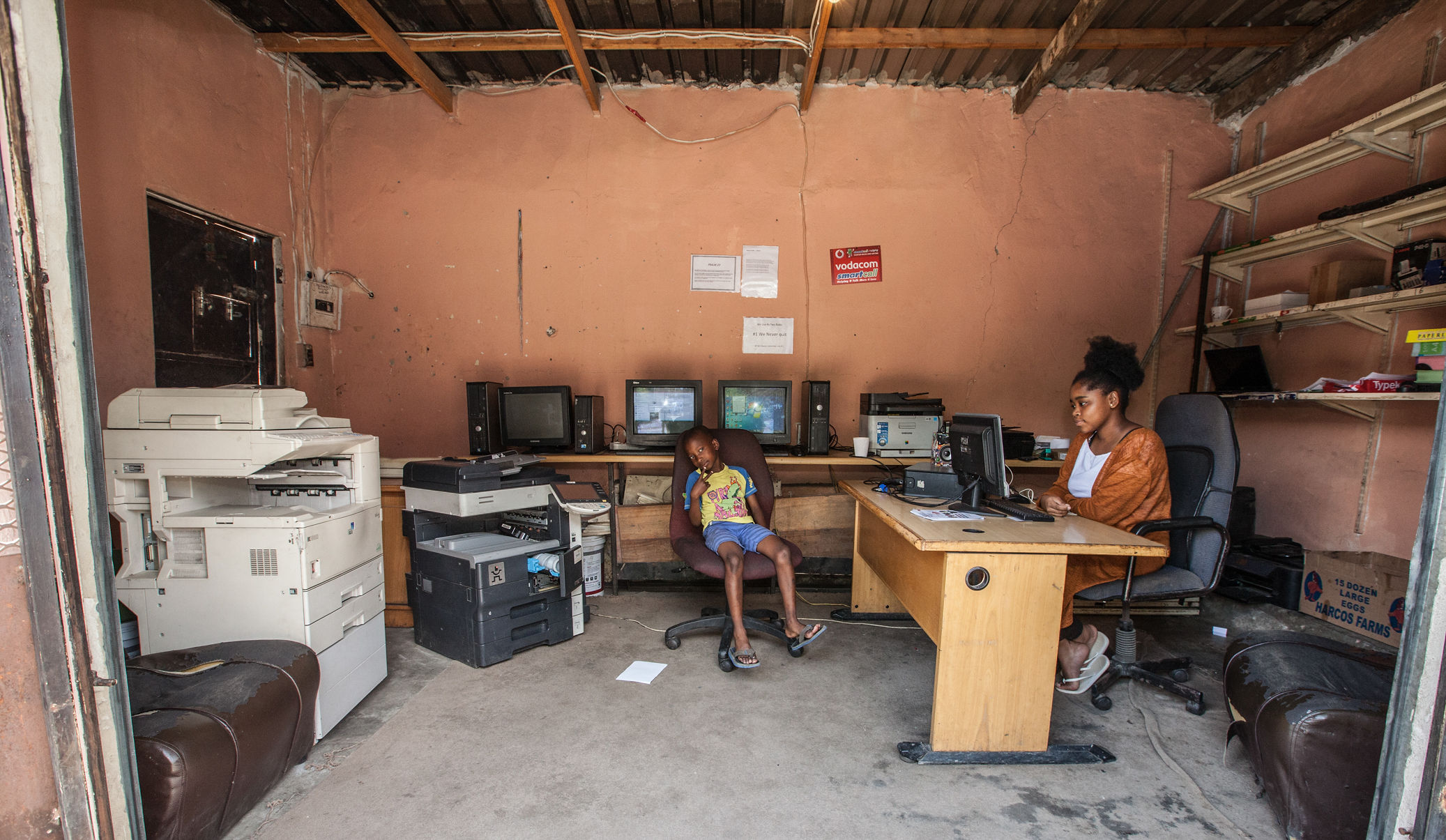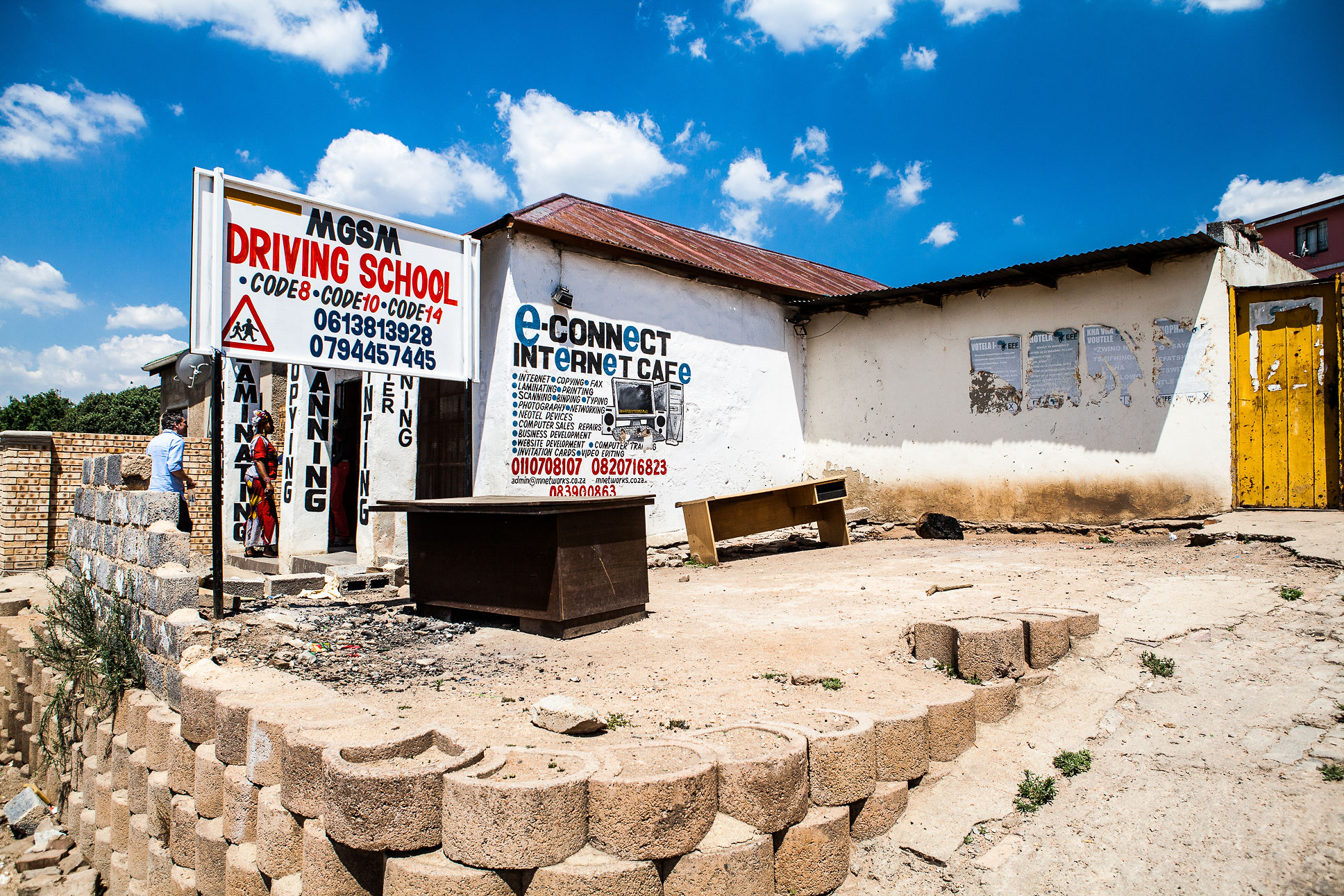Digital solutions are already providing access to liquidity and commerce in emerging markets during COVID-19. Dr Nick Hughes, OBE, Executive Fellow at the Wheeler Institute, Co-Founder and Chief Product Officer at M-KOPA and Founder of M-PESA joined Rajesh Chandy, Academic Director of the Wheeler Institute for Business and Development in conversation. Together, they discussed the impact of digital payment solutions for hard to reach individuals and communities and the need to reduce barriers to entry during times of crisis.
- As innovative solutions are being implemented to solve many of the issues created by the pandemic, the spotlight will move to how digital solutions can become part of everyday life after the crisis is resolved;
- Lockdown policies across the globe are accelerating the volume of mobile and internet payments while digital platforms will allow the delivery of emergency credit issued by governments to reach hard to access companies and individuals in emerging economies;
- Barriers to entry for mobile payments platforms need to be reduced during times of crisis, but platforms have to consider challenges and operational costs relating to increased volumes.
Digital solutions to thrive now and beyond the pandemic
Nick Hughes tells Rajesh Chandy that digital payments solutions are at the forefront of solving the challenges posed by the COVID-19 pandemic. This is because digital and mobile money schemes enable liquidity and maintain the velocity of money during times of crisis. Tech
Hughes says that ‘when the need is not in the same location as the solution, digital technology can be used to link the two together’. Digital payments are already solving significant challenges in the developing world, such as remotely connecting doctors with patients through a small monthly fee. Another example cited by Hughes is because shops are closed more people need refrigeration units to chill or freeze food. These large transactions can be fulfilled through digital payments and structured in a way that allows instalments and purchases of a ‘pay-as-you-go’ fridge’, even when markets and stores are closed.
Mobile money is becoming a critical part of the economy, with firms already seeing spikes in the volume of transactions when other parts of marketplace infrastructure are challenged. These payments are keeping liquidity in the economy, overcoming the constraints other business models have when forced to close their physical presence. Hughes thinks that digital solutions will continue to be applied once the crisis is overcome, with business models changing as platforms become effective for moving both small and large amounts of money very long distances, instantly, solving a multitude of problems.
Technology demand versus regulation challenges
The essentials of the technology already exist and can be used to maintain quick and efficient transactions without the need for physical locations. The technology is versatile and scalable, especially using cloud-based solutions, and already has the capacity to process tens of thousands of transactions every minute. Mobile money can be extended to support businesses facing hardship and a lack of liquidity as a result of the pandemic, helping companies and individuals access emergency credit issued by governments. Already there have been reductions in the transaction fees that are charged, such as in Kenya, this will encourage the use and solve problems for customers who are worried about transaction charges. However, firms need to consider the marketplace implications of growing so rapidly, especially the operational costs of higher volumes of transactions, as well as the incentivisation of commission agents and their payments in remote areas. Similarly, Hughes warns that platforms have a capacity limit and they need to consider how they manage this at peak times.
Hughes believes that while regulations and security concerns around identity require trust, this crisis will move the spotlight towards finding digital solutions and focussing on opportunities that enable everyone to access the payments technology. Efforts can and should be made to reduce barriers to entry, making the sign-up process more efficient, such as moving verification and Know-Your-Customer processes online, especially during the pandemic, as higher volumes of new customers want to use mobile payments. This will lead to long-lasting changes in customer behaviour and new operating models for businesses.
Nick Hughes conversation with Rajesh Chandy is part of the Wheeler Institute COVID-19 series – bringing together the expertise and experience of our extended community to understand, illuminate and offer solutions to the challenges created by COVID-19. Our differentiating factor is the role of business in addressing these challenges, with a focus on the implications and actions for those in developing countries. If you’re interested in following the Wheeler Institute COVID-19 series, check out our next episode with Oeindrila Dube and Elias Papaioannou.
Nick Hughes, OBE
Nick Hughes has been at the forefront of mobile commerce activities in emerging markets for over 15 years, pioneering digital fintech solutions that solve real problems. He is the co-founder and Chief Product Officer at M-KOPA, Founder of M-PESA and Executive Fellow of the Wheeler Institute for Business and Development.
Rajesh Chandy
Rajesh Chandy is the Academic Director of the Wheeler Institute for Business and Development. He holds the Tony and Maureen Wheeler Chair in Entrepreneurship and is a Professor and Area Chair in the Marketing Subject Area at London Business School. He also serves as Academic Director of the Market Driving Strategies executive education course at London Business School.


